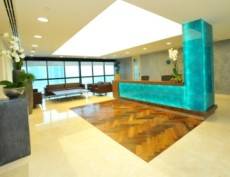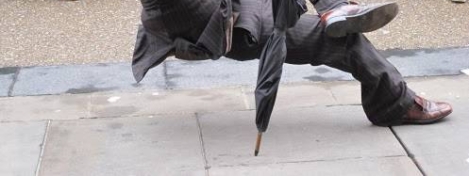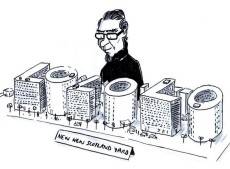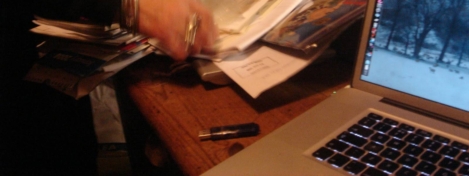May 28, 2013
Three quarters of London investment banks set to trim corporate real estate
 According to a new report from CBRE, nearly three quarters (72 percent) of investment banks based in London are looking to cut their corporate real estate portfolios over the next two years as they adjust to a changing global market for their services as well as structural changes in the UK’s regulatory framework. As well as trimming London based properties, the report says that banks will continue to relocate functions to the UK regions in an effort to reduce costs. Since the low point of 2009, rents in the City of London have increased from £42.50 per sq ft to about £55 per sq ft. The survey also found that just over a third (34 percent) of banks expect to see cuts as a result of mergers and acquisitions in the sector.
According to a new report from CBRE, nearly three quarters (72 percent) of investment banks based in London are looking to cut their corporate real estate portfolios over the next two years as they adjust to a changing global market for their services as well as structural changes in the UK’s regulatory framework. As well as trimming London based properties, the report says that banks will continue to relocate functions to the UK regions in an effort to reduce costs. Since the low point of 2009, rents in the City of London have increased from £42.50 per sq ft to about £55 per sq ft. The survey also found that just over a third (34 percent) of banks expect to see cuts as a result of mergers and acquisitions in the sector.



























May 28, 2013
Are these the world’s most spectacular corporate buildings?
by Mark Eltringham • Architecture, Comment
BMW Welt
Building data provider Emporis has issued a list of 16 of what it calls the World’s Most Spectacular Corporate Buildings. The list is intended to show how firms use architecture to convey their identity and to impress anybody viewing their supposedly imposing corporate edifices. The Germany based firm claims the list was compiled by a jury of buildings experts from around the world who considered a range of factors and included buildings from all kinds of industries. Even so, the list is far from subtle with not even an attempt at lip service paid to the esoteric or surprising. It is dominated instead by glamorous blue chip businesses and buildings that are tall, designed by renowned architects or literal reflections of each company’s business. (more…)